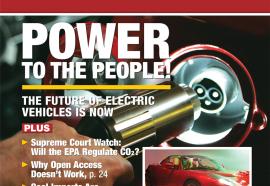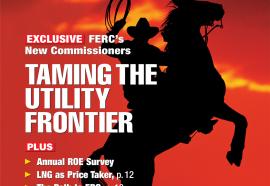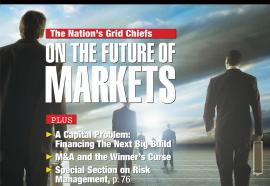People
(December 2006) Michael Heyeck was named senior vice president of transmission at American Electric Power Co. Duke Energy announced that Jim Stanley would lead its Indiana utility as president. ITC Transmission, a subsidiary of ITC Holdings, hired Frances (Francie) Brown as director, state governmental affairs. Edward (Ted) J. Mooney and Jesse H. Ruiz were appointed to ComEd’s board of directors. And others.








